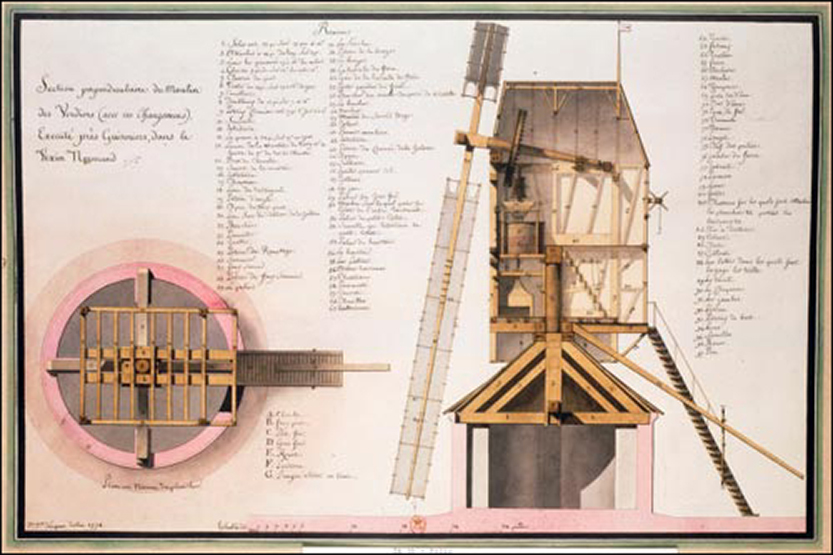
The Promise of PLM
A recent discussion titled Dassault Systèmes Bets Big on a Product Innovation Platform argues that the role of a PLM platform is to bundle different data sources and enable smooth data exchange among tools, processes and users. While not incorrect, this view is potentially limiting.
File and data interoperability, single source of (electrical/mechanical/software) truth, hardware/software development synchronization, and similar notions have been the core principles of PLM for quite some time; some, in fact, for a very long time. How well PLM vendors achieve these goals is a topic for a separate conversation. Read More



